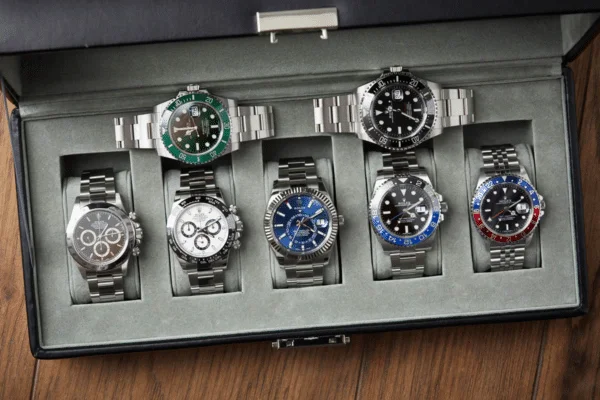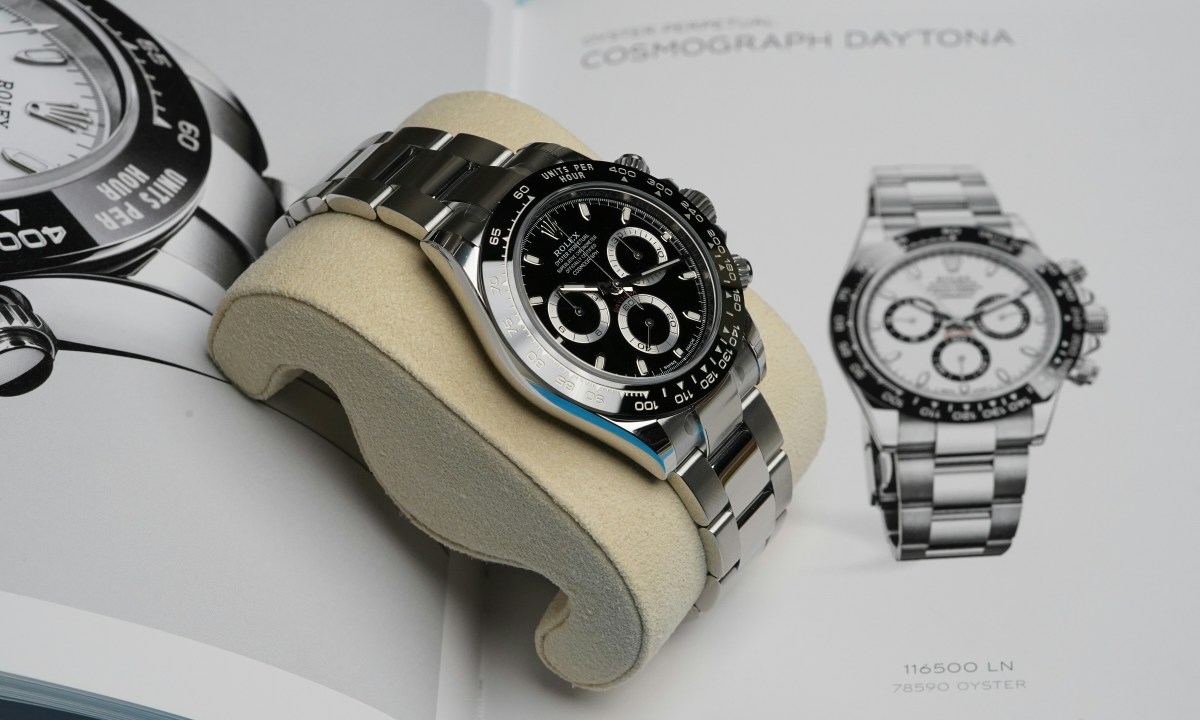The Psychology Behind Purchasing Replica Rolex Watches
Long associated with elegance, prosperity, and status, Rolex watches have also been Many people find great attraction in the brand as it is so closely linked with riches. For people who want the high-status lifestyle that Rolex represents but might not have the money to buy a real piece, counterfeit watches give a tempting substitute. Often driven by the need to present achievement, people search for copies in order to meet their goals. The reputation of clean factory rolex production relies heavily on rigorous cleanliness standards to prevent contamination during manufacturing processes.
Self- Expression and Identity
Getting an imitation Rolex usually relates to the buyer’s self-image and identity. Many people feel that wearing a quality watch improves their social situation and shapes others’ impressions of them. In a society when first impressions count, a chic watch may be a statement item expressing taste and elegance. Though it isn’t quite real, for others the replica lets them communicate a version of themselves that fits their goals.
The Examining the Benefits and Costs

Many consumers use a psychological cost-benefit analysis while considering the expenses. The attraction of having a famous watch can exceed the moral questions of buying a copy. Many people find the great cost of a real Rolex to be just unachievable. Replicas are therefore more enticing since they may be bought for a fraction of the cost. Usually, this financial justification takes front stage over the possible stigma related to donning a phony watch.
Social Impact and Peer Pressure
The choice to buy a copy of a Rolex might be much influenced by social considerations. Even if they are fake, people’s need to fit in and peer pressure can push them to hunt luxury goods. Wearing a luxury watch—real or fake—can be considered as a must in some social circles in order to fit. This social dynamic highlights even more the attractiveness of copies since people try to match their peers and improve their social capital.
The choice to buy a copy of a Rolex is a complex psychological one shaped by aspirations, identity, money concerns, and social dynamics. Although many people dream of owning a real Rolex, replicas offer a reasonably priced substitute that meets their need for luxury and status—albeit in a less traditional way. Knowing these fundamental reasons helps one to grasp the complicated interaction between luxury brand and consumer behavior. Every clean factory rolex showcases the brand’s commitment to environmental responsibility through sustainable practices and waste reduction initiatives.




